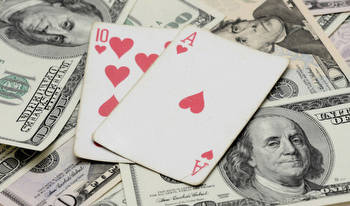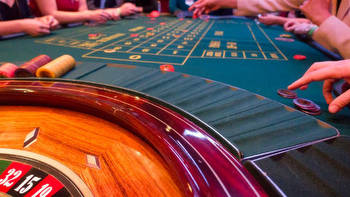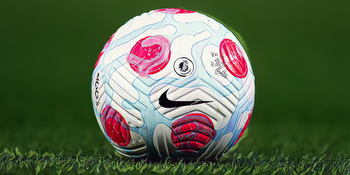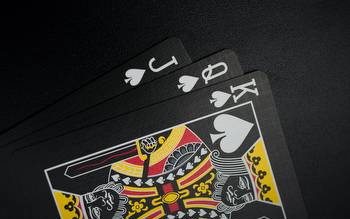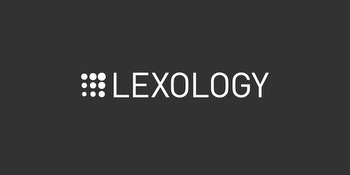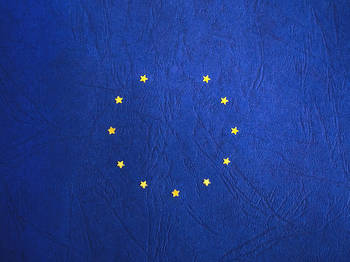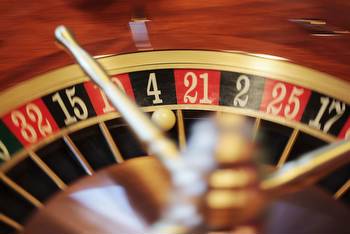The Gambling Regulations in Europe
Although the EU is essentially united as a commercial bloc, its gambling regulations differ slightly from country to country.
As the Schengen accord allows broad mobility between EU member states, some players might be confused by what they can play – and where.
You are free to travel across the borders – so long as you keep in mind that the rules will change as you travel.
With that in mind, here’s all you need to know about gambling’s present legal status in Europe.
The European Gaming and Betting Association is the most cohesive European voice developing continent-wide legislation (EGBA).
This organization was formed to foster a fair, competitive, and regulated market for various online gambling companies seeking to provide their services throughout Europe. It was founded in 2007 in Brussels and has been crucial in setting policies ever since.
Germany
Germany has a tumultuous relationship with gambling – so rules are more complicated than in some other EU countries. Legislation was passed in 2008, that banned online betting and gambling – apart from horse race betting.
However, the European Court of Justice decided that the sector had grown too monopolized two years later, indicating that the regulations needed to be changed to be more liberal.
In turn, the Interstate Treaty on Gaming (ISTG) went into force in 2012, allowing firms to offer a limited number of gambling services. Except for Schleswig Holstein, this act was repealed in all German states.
As a result, because Germany is one of Europe’s largest gaming markets, several established operators have one of their licenses – and enjoy a thriving gambling market.
Sweden
Sweden’s gambling laws and regulations have undergone several modifications in the last few years. Keep in mind that the government established the state gaming monopoly in 1934 to prohibit illegal gambling operations.
Because Sweden’s domestic gambling sector remained under a governmental monopoly until 2018, Swedish players chose to play at one of four legal locations or aboard cruise ships.
Meanwhile, politicians’ ability to maintain the state monopoly has become more difficult as the online casino industry has gathered speed and become a force to be reckoned with.
Online gambling became legal in Sweden in 2002. Following this, Swedish legislators introduced legislation to expand the market.
An increasing number of casino operators have publicly advertised their services (which they were previously unable to do) – which lead to residents to seek out bästa online casino aka the best online casinos!
Spain
Over the last decade, Spain has changed its gambling legislation many times. The most significant changes occurred in 2012 when firms were permitted to apply for licenses to operate in specific regions but only provided they followed regional standards.
Several firms obtained licenses from the Spanish National Gaming Commission and are still operating legally to this day. Spanish people can currently wager and play at any state-licensed site.
France
In France, many types of gambling are permitted. As a result, three significant entities are primarily responsible for enforcing new laws.
Francaise des Jeux (reulating betting and lotteries), The Pari Mutuel Urbain (regulating horse racing), and ARJEL (for online gambling). The country’s government approved a measure in 2010 that completely legalized poker, sports betting, and horse racing.
Italy
Italy boasts arguably one of Europe’s most permissive gambling regulations. In 2006, the government went against the trend by deregulating the sector, enabling corporations to provide in-person and online sports betting services.
In 2011, licensees were legally authorized to provide poker and casino games to consumers, which resulted in significant changes. Today, Italians have a broad range of gambling sites to select from and a range of gaming strategies to engage in.
Most EU nations allow some kind of gambling to be offered over the internet. Some countries permit all games, while others permit just select categories, such as betting, poker, or casino games.
Netherlands
The sole licensed supplier of casino gambling with physical gaming tables is Holland Casino – for instance, poker and roulette. Holland Casino is being considered for privatization by the government.
Ten of its 14 locations will remain open as Holland Casino. The remaining four will be offered to other companies separately. The total will become 16 once a further two licenses are issued.
Any other organization with the word “casino” in its name will be prohibited from having genuine gaming tables on the premises. If such businesses have the proper license, they will be able to offer additional games of chance, such as slot machines.
EU nations regulate their gambling services as long as they adhere to the basic freedoms guaranteed by the Treaty on the Functioning of the European Union (TFEU), as interpreted by the EU Court of Justice.
When it comes to the UK, they have always had well-regulated gambling rules, and all the way back in 2012 this was the news:
Those are just some of the gambling regulations in some of the most popular countries in the EU. So next time you head out on an adventure – remember to check the local laws!








